Financial Results
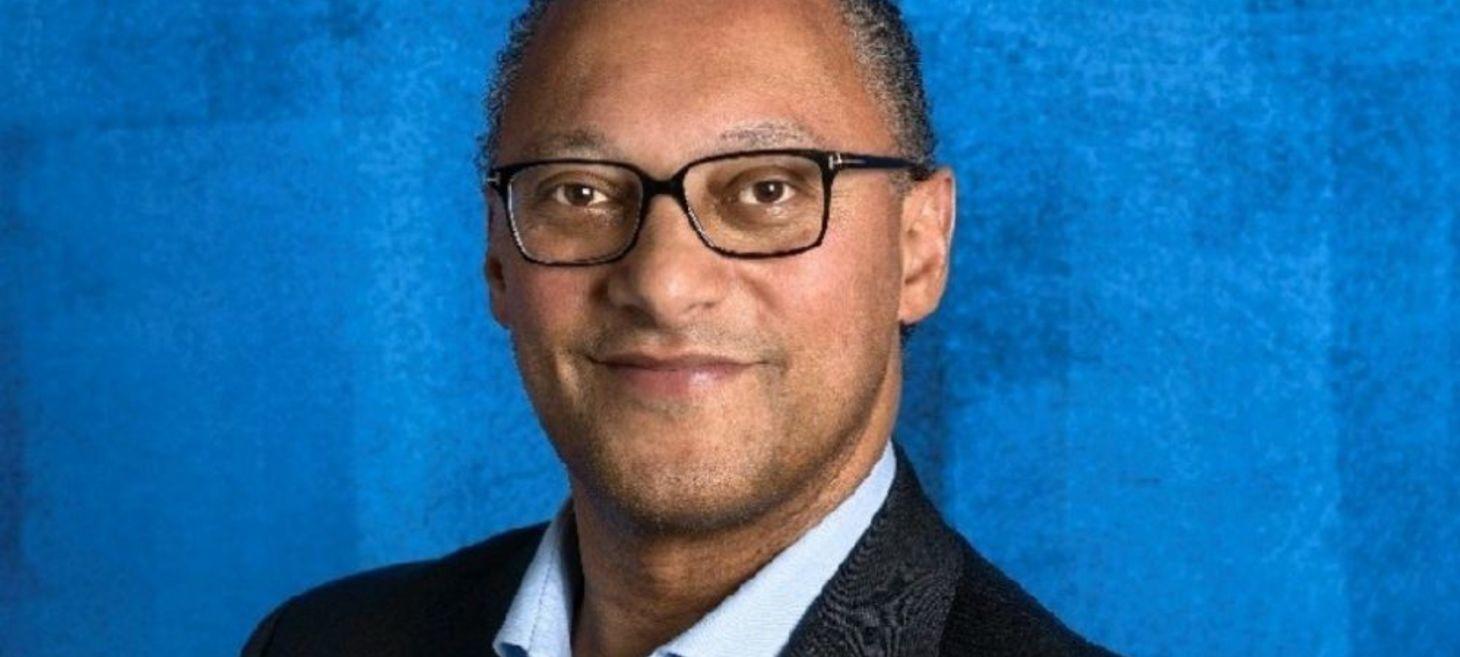
Swiss Re doubles down on profit with $2.6bn H1 net income | Reinsurance Business
Strong underwriting, lower cat losses, and investment gains lifted performance
Swiss Re posted a Q2 2025 profit of US$1.3 billion, bringing net income for the first half of the year to US$2.6 billion, with a return on equity (ROE) of 23.0%.
For the first half of 2025, net income rose from US$2.1 billion and an ROE of 19.6% in the same period in 2024.
The insurance service result reached US$3 billion, compared with US$2.9 billion a year earlier, while insurance revenue totaled US$20.9 billion, down from US$22.2 billion. The contractual service margin (CSM) for new business was US$3.1 billion, slightly higher than US$3.0 billion in the prior-year period.
CEO Andreas Berger (pictured) said the half-year results showed the company’s focus on underwriting quality and portfolio management.**
AI in Insurance
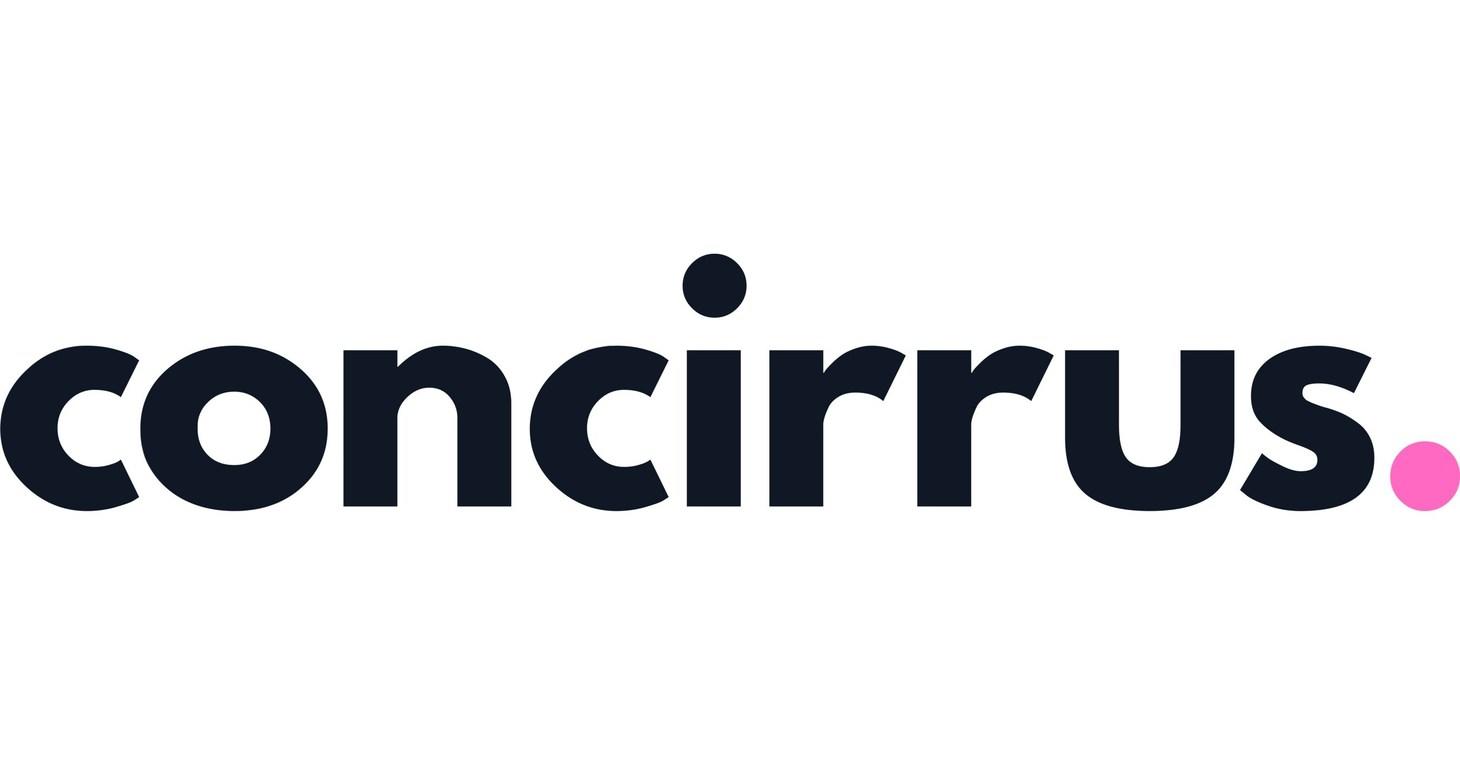
Concirrus Becomes First Insurtech to Earn Triple AI, Security and Data Trust Certifications - Setting a New Standard for Responsible Underwriting
Concirrus, the leading AI insurtech transforming specialty underwriting and AI submission automation, today announced it has achieved ISO/IEC 42001 (AI Governance), ISO/IEC 27001 (Information Security Management), and SOC 2 compliance – becoming the first insurtech worldwide to secure all three internationally recognised certifications.
This triple milestone sets a new global benchmark for trust, transparency, and governance in AI-driven underwriting and submission automation. While many technology providers are beginning to adopt AI governance and information security standards, Concirrus has gone further, uniting them with SOC 2 attestation to deliver the most comprehensive assurance available to insurers and brokers.
"Winning in insurance is no longer just about speed and accuracy – it's about trust," said Andy Yeoman, CEO of Concirrus. "These certifications prove that Concirrus is not only building the fastest and most intelligent underwriting platform, but also the most secure and responsibly governed. We're proud to be setting the standard for the industry."
The ISO/IEC 42001 certification confirms that Concirrus operates to the world's first recognised AI management system standard, ensuring responsible development, deployment, and monitoring of AI models. The ISO/IEC 27001 certification demonstrates robust controls around information security, protecting customer data confidentiality, integrity and availability. Together with SOC 2 compliance, these certifications validate Concirrus' leadership in security, privacy, and governance.
"Insurers face growing pressure to adopt AI responsibly while meeting rising regulatory and broker expectations," said Ruth Polyblank, Product and Strategy Director at Concirrus. "Achieving this 'triple crown' of trust removes uncertainty and gives our clients the confidence to innovate. For those deploying AI submission automation, it means unmatched speed-to-quote, backed by the assurance that every submission is processed securely, compliantly, and with integrity."
Fraud

Zalma’s Insurance Fraud Letter | Barry Zalma, Inc.
[Ed. Note: Highly Recommended (free) newsletter from Barry Zalma, one of the industry's most experienced and knowledgeable experts on insurance fraud]
Zalma’s Insurance Fraud Letter (ZIFL) continues its 29th year of publication dedicated to those involved in reducing the effect of insurance fraud. ZIFL is published 24 times a year by ClaimSchool and is written by Barry Zalma. It is provided FREE to anyone who visits the site at ZIFL
Research

Having a low credit score can double your homeowners insurance cost, report finds - Chicago Sun-Times
The nonprofit Consumer Federation of America and a climate group found that even people with average credit got dinged on their price quotes.
A new report found that having a low credit score can double the amount a person pays for homeowners insurance, and the figure is higher for those in Illinois.
The Consumer Federation of America and the Climate & Community Institute said Illinois consumers with a low credit score are getting a price quote of $2,122, or 120% more than someone with a high score, according to their analysis. It also affects people with average credit, who in Illinois are quoted an estimated 53% more than their high-score peers.
The phenomenon appears across the country, the report found. Nationwide, the annual price quote for homeowners insurance for a person with a low credit score is $1,996 more than the price quoted for a similar homeowner with a high credit score — a 99% price increase, or almost double.
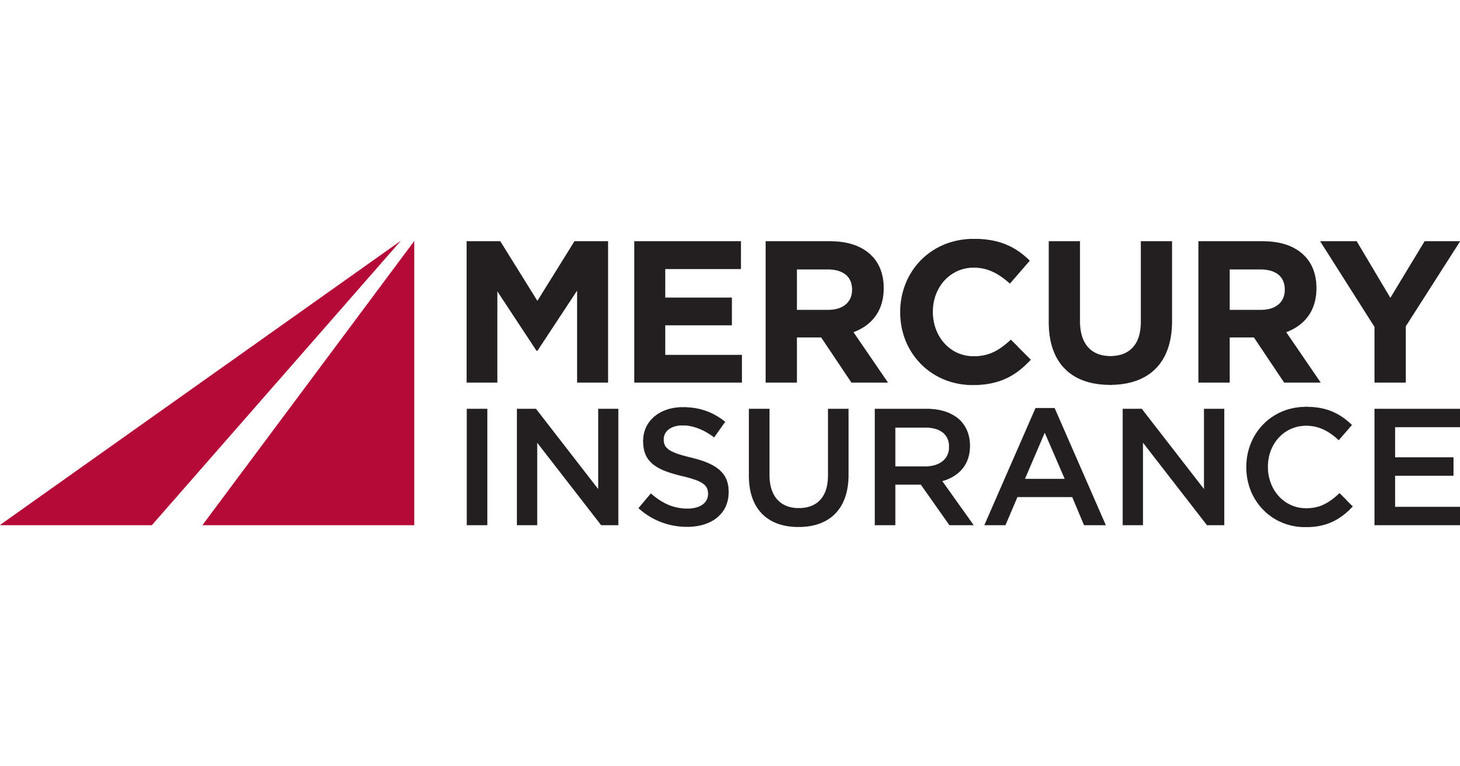
Bodily Injury Costs Increase in Florida, According to Mercury Insurance
Multi-vehicle crashes, dog bites or a delivery person being injured on your property are some of the unexpected events that are putting Floridians' personal financial health at risk. In fact, bodily injury payouts continue to climb year over year since the pandemic started, with the average amount for a liability claim increasing by 35%, according to Mercury Insurance (NYSE: MCY).
The recent trend of rising liability injury claims for home and auto owners that exceed traditional policy limits has moved Mercury to unveil an all-new personal umbrella insurance policy for Floridians that offers extra protection with bolstered coverages beginning at just over $1 a day.
Per Forbes Magazine, an umbrella insurance policy can be an excellent addition to your insurance portfolio if you need liability coverage that goes beyond what your base car insurance or home insurance policies provide. Umbrella insurance is a good way to cover your net worth if you were to get hit with a lawsuit.
The state of Florida is the seventh launch of this expanded insurance product for Mercury Insurance, after California, Texas, Oklahoma, Illinois, Arizona and Georgia. You can learn more about this unique coverage at Mercury Umbrella Insurance.
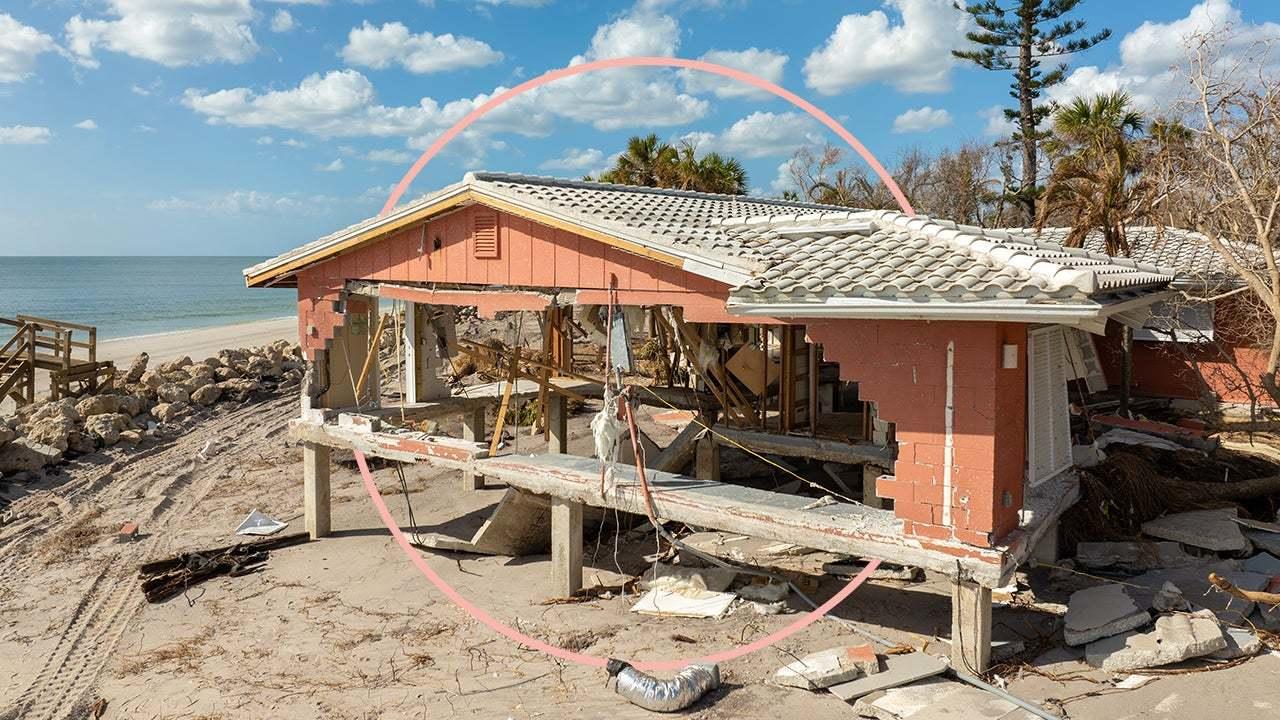
Are Insurance Losses in High-Risk States Driving Rate Increases in Lower-Risk Markets? | Bankrate
Homeowners in lower-risk insurance states — the ones not battered by hurricanes, wildfires, budget-busting premiums and insurance companies’ mass exoduses — might breathe a sigh of relief reading headlines about problem states like Florida and California.
After all, if you don’t live there, it’s not your problem. But, that may not always be the case. From July 2023 to July 2025, the average cost of home insurance went up over 9 percent, with some areas of the country seeing raises as high as 40 percent. Not all of these states are vexed with home insurance crises, so why do rates keep going up?
Heavy insured losses driving higher home insurance rates and nonrenewals.
A study published in the Journal of Finance found that home insurance companies often elect to adjust rates in less-regulated states to make up for losses in states with tighter insurance regulations. More specifically, home insurance rates in less-regulated states “respond to losses in highly-regulated states.” Even if a major loss doesn’t occur in your state, you could still end up being the one paying for it. Around 30 percent of home insurance rate increases in less-regulated states can be traced to out-of-state insured losses, according to the study.
Why are some states hit with larger rate raises than others? The answer lies with an 80-year-old piece of legislation, the McCarran-Ferguson Act. Originally passed in 1945, the McCarran-Ferguson Act gives states — not the federal government — the authority to regulate insurance companies. Each state sets its own rules governing how insurance companies can price their policies.
InsurTech/M&A/Finance💰/Collaboration

Top insurtech funding rounds, July 2025 | Digital Insurance
There were about 52 funding events in the insurtech sector between July 1 and July 31, 2025, according to a review by Digital Insurance.
What follows is a selection of these, focusing on those in the insurtech and property & casualty sectors that are part of the venture-capital financing model. (Other funding events, such as private-equity infusions, are included in the overall count.)
A portion of the data was sourced from Crunchbase. Other information, including quotes from investing VCs, comes from company announcements. For our previous edition, which covered June, click here. These updates will continue monthly.
These summaries were crafted using AI and then reviewed by the Digital Insurance editorial team.
RainSure Breaks New Ground: Insurance That Pays Out Starting at .01 Inches of Rain | Morningstar
Vortex Weather Insurance is pleased to introduce RainSureSM, the latest addition to the company's line of parametric rain insurance products.
RainSure differs from Vortex's existing rain insurance products by offering incremental payouts for every .01 inch of rain up to a .25-inch, .5-inch, or 1-inch threshold selected by the policyholder.
The biggest benefit of an escalator rain insurance policy like RainSure is that unlike traditional rain insurance policies, which only pay out when the rainfall amount meets or exceeds a certain threshold, a RainSure policyholder receives a payment for any recorded precipitation starting at .01 inches.
"RainSure helps protect your event from any amount of rain, even small amounts," said Andy Klaus, lead weather index insurance producer for Vortex. "No more worrying about whether the rainfall that is creating losses will be enough to trigger a payout. If it's just one one-hundredth of an inch, you get paid."
Commentary/Opinion

Insurance Ecosystems: Navigating an Unfamiliar World | Insurance Thought Leadership
Even as so much has changed so quickly, including the entire insurance, automotive and mobility ecosystem, market leaders and their long-time trusted partners are better positioned than ever to weather the storm, adapt and succeed.
The ecosystem includes auto insurers, agents, brokers, car manufacturers, dealers and the automotive aftermarket. The extended auto physical damage supply chain with which they all interact includes roadside, emergency response, towing and temporary rental car service providers. Related and interdependent segments include connected services, telematics-based and other IoT and sensor-based programs.
But driven by sudden and dramatic changes in socioeconomics, politics, technology, and consumer expectations, almost all of the historical financial models that applied for so long among the participants are suddenly unrealistic and unworkable. The relationships and partnerships, however, are more relevant than ever.
What all of this means is that an entirely new set of business models, relationships, products, risk management and support services need to be developed, negotiated, and implemented. No small feat! What appears to be friction emerging between the various ecosystem participants is actually evidence of this transformation evolving. Furthermore, consumers are experiencing a new normal when it comes to insurance – high premiums, less protection and caution about making claims for fear of surcharges or worse. Collaboration between claim ecosystem players, in particular, is more important than ever and is being put to the test.
Alan Demers, Founder/President, InsurTech Consulting LLC and Stephen Applebaum, Managing Partner, Insurance Solutions Group
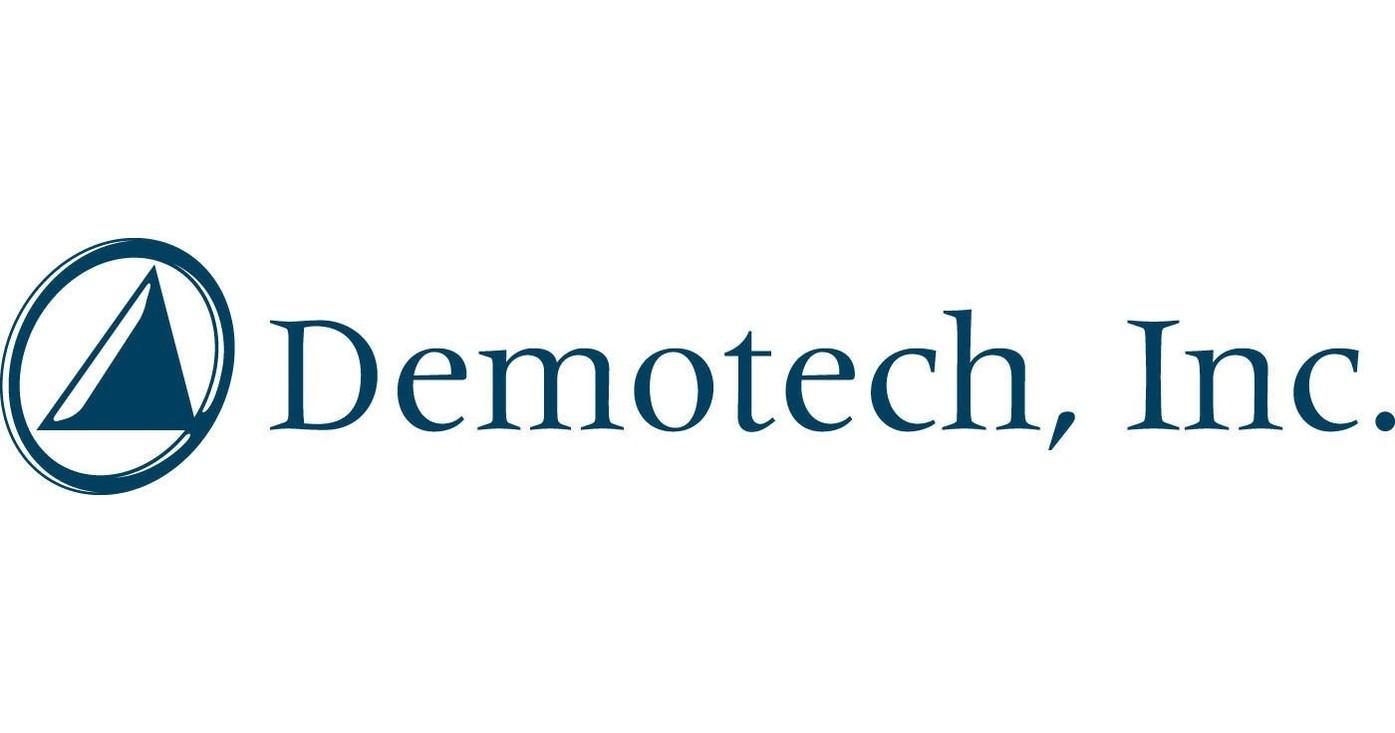
Demotech, Inc.: Hit pieces are the price we pay for thought leadership and excellence
With the announcement of Demotech, Inc's 40th anniversary on September 9, 2025, Demotech President and Co-founder Joseph L. Petrelli, released a statement referencing the company's verified track record on carrier survival, whether measured by gross impairment rate or net impairment rate, which at comparable rating levels, provides results that rival any other insurance rating service. His statement also addresses recent media push back on the company's ratings.
Petrelli shares his opinion: "In 1989, we entered the insurance rating sector by demonstrating that independent, regional and specialty insurers could be reviewed and rated. Our process analyzed their business model, execution of that business model and the complementary nature of the applicable reinsurance program. Today, despite a decades-long track record as good as anyone's, hit pieces and resistance to multiple, competent rating agencies, whether Demotech or another service, remain in place. Hit pieces may be targeting us because we uniquely review and rate more insurers in the US than any alternative to the functional monopoly."
Petrelli said, "I used Wiktionary's definition of 'hit piece': 'A published article aiming to sway public opinion, especially by presenting false or biased information in a way that appears objective and truthful.' Any false or biased information in a hit piece aimed at us, whether a past, present or future hit piece, can or has been refuted with facts – facts that were readily available to the authors of the hit pieces as well as facts that we could have provided."
People
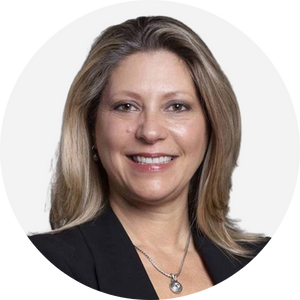
CAR appoints new president and CEO | Repairer Driven News
The Center for Automotive Research (CAR) recently appointed a new president and CEO who brings experience from J.D. Power and Stellantis.
Elizabeth Krear spent three years as the vice president of electric vehicle practice at J.D Power. Prior to that she worked for a year as the vice president and global planning program director for Wagoneer and Grand Wagoneer and body on frame electrification at Stellantis. She also spent time in the chief engineer position for Jeep Wrangler, Jeep Gladiator and Ram 1500 at FCA Fiat Chrysler Automobiles.
“Her appointment signals a bold new chapter for CAR as we continue to inform policy, accelerate innovation, and foster collaboration across the automotive ecosystem,” a CAR social media post says.
